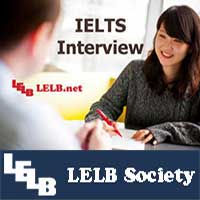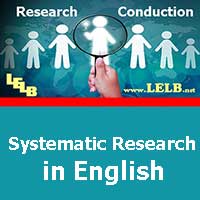Input Processing Theory | TESL Issues
Input Processing Theory Input Processing Theory VanPatten’s (1996) Input Processing Theory is based on the standard information processing viewpoint. Namely, working memory is limited in capacity (at least in terms of each modality), making it difficult for learners to attend concurrently to different stimuli in the input. He identified ‘detection’ as the key attentional process,…

